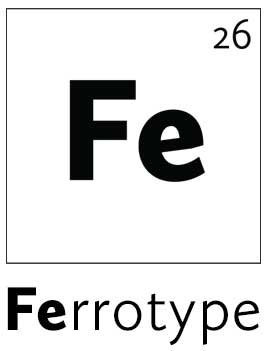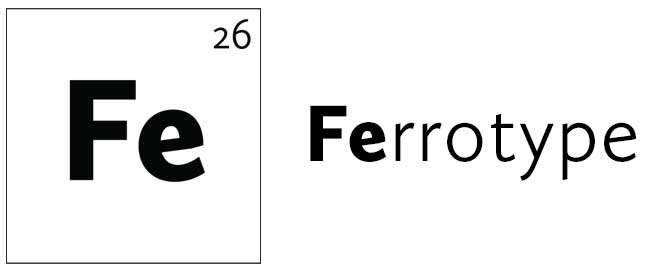
The Importance of Vector Artwork for Branding
Vector vs raster files
Why we can’t use a jpeg file
When it comes to branding notebooks and pens we will need vector artwork. This is a phrase that is completely meaningless to many people, and it can prove a stumbling block that we need to resolve. So here is our plain English summary of what vector artwork is (and what it isn’t), and why we need it.
A detail of our logo from a vector file
A detail of our logo from a raster file
Raster and vector files
When it comes to artwork there are two basic types of graphics and images that you might find – raster or vector. Unless you work with artwork files it is unlikely that you will have come across either before. You probably are familiar with file types like jpeg and gif though. Here are the common file types you will have for artwork:
Vector File Types
.ai
.eps
.svg
Raster File Types
.jpg / .jpeg
.gif
.png
We need one from the vector list. But what is vector artwork?
In simple terms, a raster file is made up of pixels – those little squares you can see when you zoom in on an image. A vector file is made up of a series of points that create a map or path, each point having a set position from the next point.
See a section of our logo below, zoomed in at about 800% magnification, to see how this compares.
The problem with raster file - This is a detail from our logo at 100% magnification, and then the same image when zoomed in, clearly showing the pixels that make up the image
What appears sharp at 100% (normal size), even in a raster image, no longer appears sharp and crisp once you zoom in. The pixels are so fine that at 100% that you can’t see them but once you zoom in they are most certainly there.
The vector file however is as crisp and sharp at the same magnification as it is at 100%. And you can keep zooming in, it won’t get any less sharp.
The same detail but from a vector file, showing no loss of detail or pixelation as it is magnified.
This is because the vector file maps out where each point on each letter and shape goes. As you zoom in, all the points move with it.
When is a raster file used?
So raster files are typically graphics and images that have subtle shading involved. The most obvious use would be a photograph or drawing. We come across raster files all the time, most commonly with jpeg, png or gif file types. So to be clear, any file saved as one of these file types cannot be used for branding.
What are vector file types?
The most common vector file types are eps, ai, svg or pdf. Look out for a file saved with as one of those file types.
Can I re-save a raster file as a vector file?
The simple answer is no! Many people try saving their jpeg as an eps file but that won’t work. It will just be a pixelated eps file. The longer answer is that it is sometimes possible to convert a raster file into a vector file, but this can be a complicated and time-consuming job and is generally seen as a last resort.
What do we need vector files for?
When it comes to embossing or printing your logo on a notebook or pen we will need vector artwork. However we don’t need vector artwork for printing insert pages or belly bands or digital printing – instead we will need print-ready PDF files. And that’s a whole new story!
You can read far more detail on all of this online - click here for one such guide
If you have any questions with any of the above please don’t hesitate to contact us.





